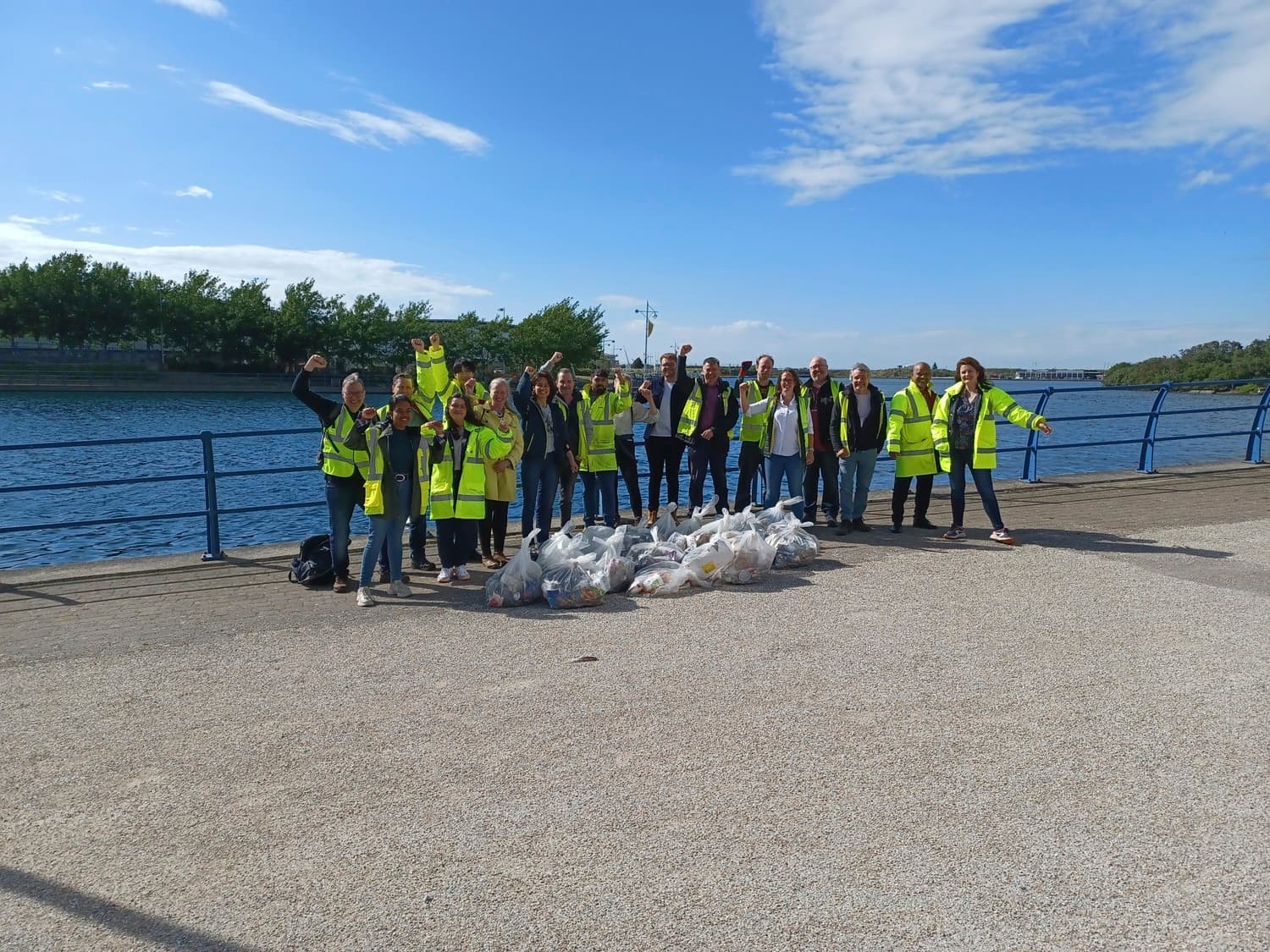Social value is here to stay and its impact is being felt across the construction sector. With both the public and private sectors taking responsibility for delivering social value, the future is going to be brighter for people in the local communities where it matters most.
In this article, Neil MacDonald, Founder of Thrive, explains what social value is and why it matters.
What is social value?
Broadly speaking, social value means the sum total of all the positive effects deriving from an activity, project or intervention of any kind. From a business perspective, it measures the positive value that the organisation or companies create for the economy, community and society.
Although social value has risen to prominence relatively recently, the concept of social value was actually first introduced 10 years ago in the Public Services (Social Value) Act 2012.
The driving idea was that attention should be paid in public procurement to the social and environmental benefits that could be gained through government and local authority spending. That means all the good done while delivering the contract in question and in addition to benefits that would come about anyway. But it was only in September 2020, when a new Procurement Policy Note (PPN06/20) came into force, that it became mandatory for authorities to give weight to social value in bids.
The Government’s Social Value Model sets out what contracting authorities are required to look for across five themes. These are:
- COVID-19 recovery
- Tackling economic inequality
- Fighting climate change
- Equal opportunity
- Wellbeing
How social value is changing public sector procurement
Many companies in construction have long-standing social value policies and commitments. The social value revolution is turning these policies and commitments from a “nice to have” to a business imperative.
Bids including social value commitments are required to include:
- A method statement – detailing how the promised outcomes will be achieved and progress towards them measured
- A timed project plan and process, including how you will implement your commitment and by when
Contracting authorities are examining this information in detail to see outcome-based progress reports against agreed metrics along with evidence of where this has been successfully delivered before.
This is invariably tightening up thinking and action at the very top of the construction pyramid, but it’s also filtering downwards through the supply chain.
One way in which companies can demonstrate social value is by working with a more diverse range of suppliers, who in turn display their own commitments to good working practices, sustainability and equal opportunities.
Beyond the Public Sector
Social value is providing a framework or model for companies that want to be more rigorous about the impact of their policies. The old proverb “what gets measured, gets managed” is true. By offering a way to quantify outcomes, social value helps businesses to win boardroom and shareholder support for their policies and improve their performance over time.
At the same time, firms across the private sector have begun to view social value as a competitive differentiator, understanding that this has become one of the key factors people look at when choosing who to work for and who to do business with. They are looking for ways to become more responsible businesses, not only through the delivery of their own services but also within their supply chains. For example, ensuring good labour practices, environmental standards and local opportunity creation within their own supply chains is an important way for firms to demonstrate social value.
The importance of being able to demonstrate impact, the example a commitment to social value can set and the trickle-down effect of public procurement throughout wider supply chains make it increasingly important for all companies to have social value strategies.
G&T’s Social Value Strategy
An integral part of G&T's ESG's strategy is its social value policy which sets out the areas where its efforts will be focused and where the firm can make the biggest impact including:
- Creating social mobility opportunities for children
- Addressing the skills gap in construction and nurturing the next generation of built environment professionals
- Promoting diversity and inclusion in the built environment
- Supporting the development and mental health of employees
- Reducing G&T’s environment impact and carbon footprint
G&T is also helping clients achieve their own social value objectives on projects such as Marine Lake Events Centre in Southport and Ebury Bridge Estate Regeneration in Westminster, helping to deliver tailored and tangible social benefits to the local communities there.

What is so encouraging for me about G&T’s approach is that it demonstrates a commitment to social value objectives that goes beyond bids for public contracts.
But, that commitment is not vague or simply aspirational. It’s backed up by delivery and reporting on solid, quantifiable outcomes produced.




